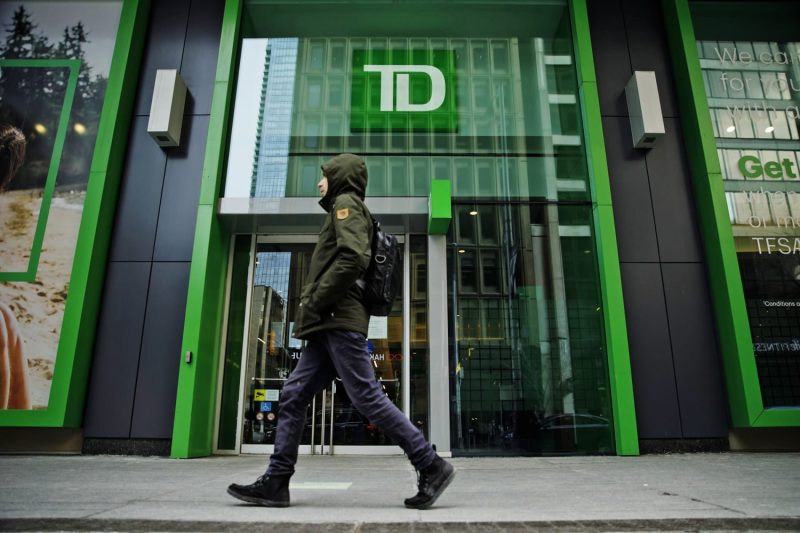Content:
TD Bank, one of the largest financial institutions in North America, recently offered a guilty plea in a major money laundering case, agreeing to pay an astonishing $3 billion in penalties. This monumental legal outcome has undoubtedly shaken the banking industry, putting the spotlight back on the pressing issue of financial crime in the global framework.
TD Bank, a significant player known for its wide range of financial services, is now under scrutiny for its part in facilitating widespread money laundering activities. The operation ran its course over several years, masking illicit funds and making it appear as though they derived from legal sources.
The nature of the case indicates that TD Bank failed to implement necessary anti-money laundering measures, which are critical to preventing such financial crimes. Specifically, the bank’s internal procedures were deemed inadequate, making it possible for illicit financial activities like these to take place unhampered.
Key points of the prosecution pointed out that the bank did not effectively report suspicious banking activities, nor did it initiate appropriate measures to curb the repeated deposit and withdrawal of large amounts of cash linked to the money laundering scheme. These negligent actions went in direct violation of federal banking laws, eventually leading to the severe penalties that TD Bank now faces.
Facing the consequences of their negligence, TD Bank agreed to pay up to $3 billion in penalties as part of a plea agreement. Of this staggering amount, $2.5 billion is payable to the United States government as a fine, while $500 million is intended for victims of the misconduct. Sharing the burden among the TD Bank shareholders, this financial penalty no doubt is one of the most substantial in recent history, underscoring the gravity of the offenses committed.
This high-profile case has led to a renewed interest in anti-money laundering guidelines and the role of financial institutions in preventing money laundering activities. In response to the scandal, many banks around the world are revamping their anti-money laundering measures and compliance processes to ensure they are not caught in a similar situation.
The case also reinforces the significant role of regulatory bodies in overseeing banking operations and maintaining financial integrity. Regulatory bodies, such as FinCEN and the Financial Action Task Force (FATF), are expected to tighten rules and impose stricter regulations with enhanced monitoring to prevent such scandals in the future.
Interestingly, despite the jaw-dropping penalty amount and the negative publicity associated with the legal action, TD Bank’s operation is unlikely to be critically affected in the long term. The bank’s strong financial position and large customer base may allow it to absorb the






























